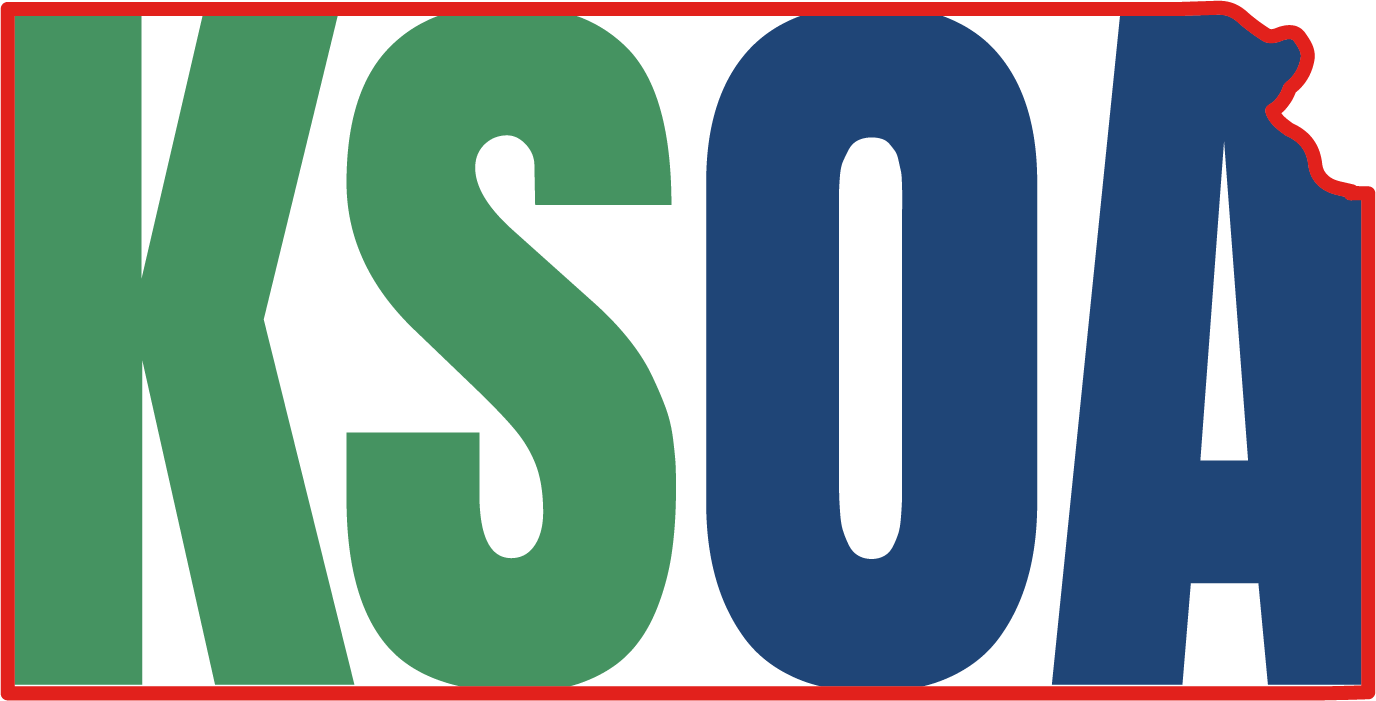GETTING STARTED AS A SPORST OFFICIAL
Kansas Sports
Officials Association
The premier sports official recruiting and developing group for seven sports in NE Kansas. Come Join the third team!
getting started
Getting Started as a Sports Official
Member Benefits

Network of Officials
Opportunities for newer officials to be mentored and veteran officials to give back.

HUDL Access
HUDL, an online game footage sharing software, gives you the opportunity to examine your officiating performance.

High Level Comptition
Association members get the chance to officiate some of the highest levels of competition in the state.

Discounted Clinics
Off-season clinics are crucial for developing your craft. Members receive discounted rates to attend.

In-Season Evaluations
Top level officials will be observing and providing on-site feedback to members throughout their season.

Corporate Partnerships
We are constantly pursuing partnerships with organizations to benefit our membership.
ASSOCIATION ENDORSEMENTS
What others are saying

"Loved everything so far"
"Testimonial lorem ipsum dolor sit amet, consectetur adipisicing elit. Autem dolore, alias, numquam enim dolor elit."
- Your Name


"My life changed forever"
"Testimonial lorem ipsum dolor sit amet, consectetur adipisicing elit. Autem dolore, alias, numquam enim dolor elit."
- Your Name


"Highly recommend this"
"Testimonial lorem ipsum dolor sit amet, consectetur adipisicing elit. Autem dolore, alias, numquam enim dolor elit."
- Your Name

READY TO BECOME A MEMBER
Take the first step towards becoming a KSOA member! Click the red block labeled "Join Now" below to complete a two page application and then proceed to payment options.
